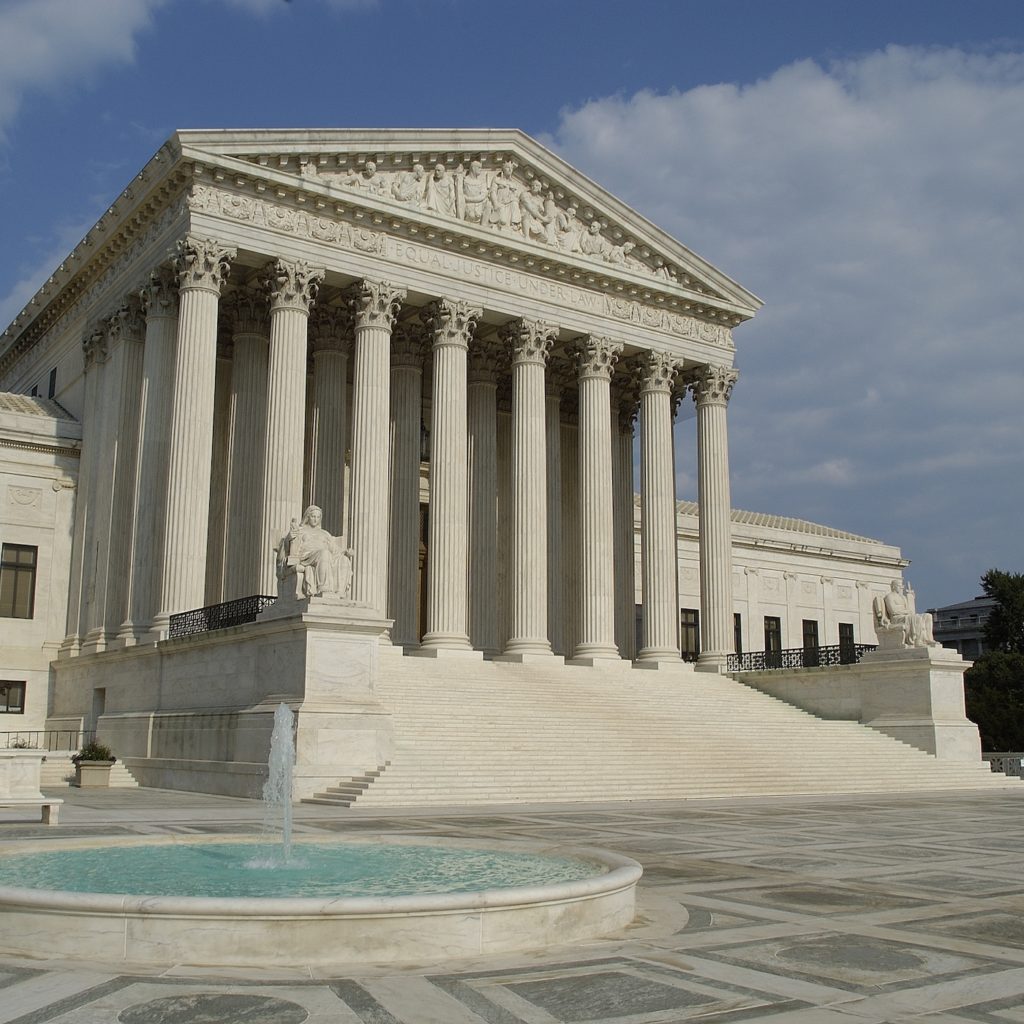
Florida wants the U.S. Supreme Court to allow it to enforce an anti-drag law, overturning decisions by lower courts. Photo: US Supreme Court.
Florida wants the U.S. Supreme Court to allow it to enforce an anti-drag law, overturning decisions by lower courts.
The 11th U.S. Circuit Court of Appeals earlier this month upheld a decision that Florida can’t enforce the law until courts rule on its constitutionality.
The law threatening businesses that allow minors into live entertainment deemed inappropriate for children was signed by Gov. Ron DeSantis along with several anti-LGBTQ bills passed this year.
U.S. District Judge Gregory Presnell struck down the anti-drag law in June, but the state has continued to appeal the matter.
Presnell determined the law “creates an unnecessary risk of chilling free speech.”
Federal appellate judges Adalberto Jordan and Robin Rosenbaum said Presnell’s ruling should not be put on hold while the case gets appealed, and ruled in a 2-1 decision the state cannot enforce the law while appealing Presnell’s decision.
But Florida officials have filed an application with the Supreme Court asking that a stay only prevent enforcement at Hamburger Mary’s, the Orlando restaurant challenging the law’s constitutionality.
The state said blocking any enforcement will effectively “erase” a law from the statute books that is intended to protect children, the Associated Press reported.
Hamburger Mary’s, a restaurant chain in Florida, which also has locations in the Los Angeles area, regularly hosts drag queen brunches.
While the law doesn’t specifically cite drag, it was widely seen as targeting family-friendly drag events. Florida Rep. Randy Fine, a Republican, said in legislative debate he was inspired to file the legislation after he could not shut down a drag queen story hour at Space Coast Pride in his district.
Emails made public in the court case show Fine originally wanted to specifically target any “performance in which a performer exhibits a gender identity that is different than the performer’s gender assigned at birth,” though DeSantis’ office insisted that was too broad.
This article originally appeared on Advocate.com, and is shared here as part of an LGBTQ+ community exchange between Q Voice News and Equal Pride.
